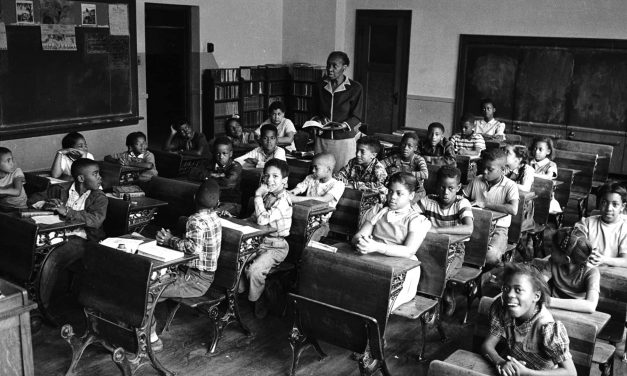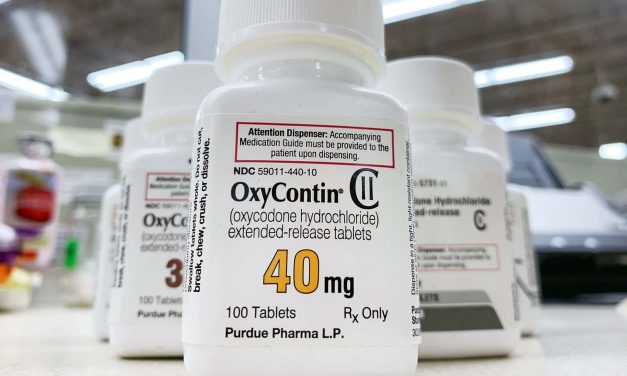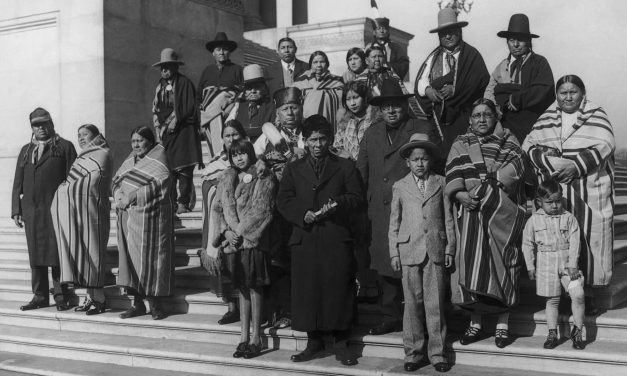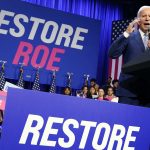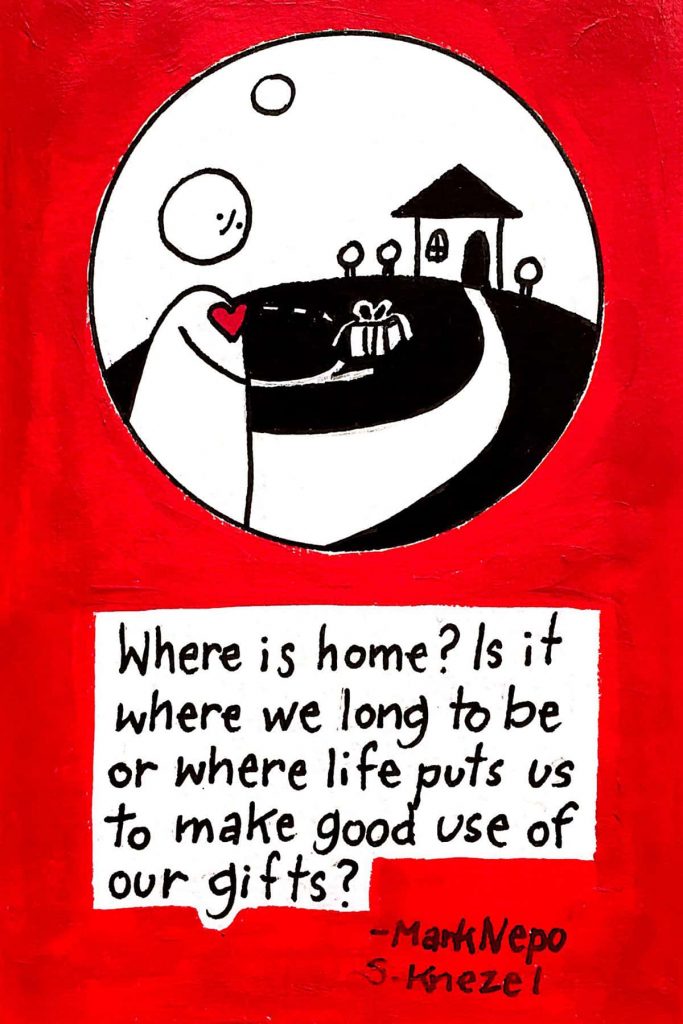A public facade for private education: Why charter schools are not actually open to all students
By Kevin Welner, Professor, Education Policy & Law; Director, National Education Policy Center, University of Colorado Boulder Proponents of charter schools insist that they are public schools “open to all students.” But the truth is more nuanced. As an education policy researcher, and as author of a new book I wrote with fellow researcher Wagma Mommandi – School’s Choice: How Charter Schools Control Access and Shape Enrollment, I have discovered that charter schools are not as accessible to the public as they are often made out to be. This finding is particularly relevant in light of the fact that...
Read More

